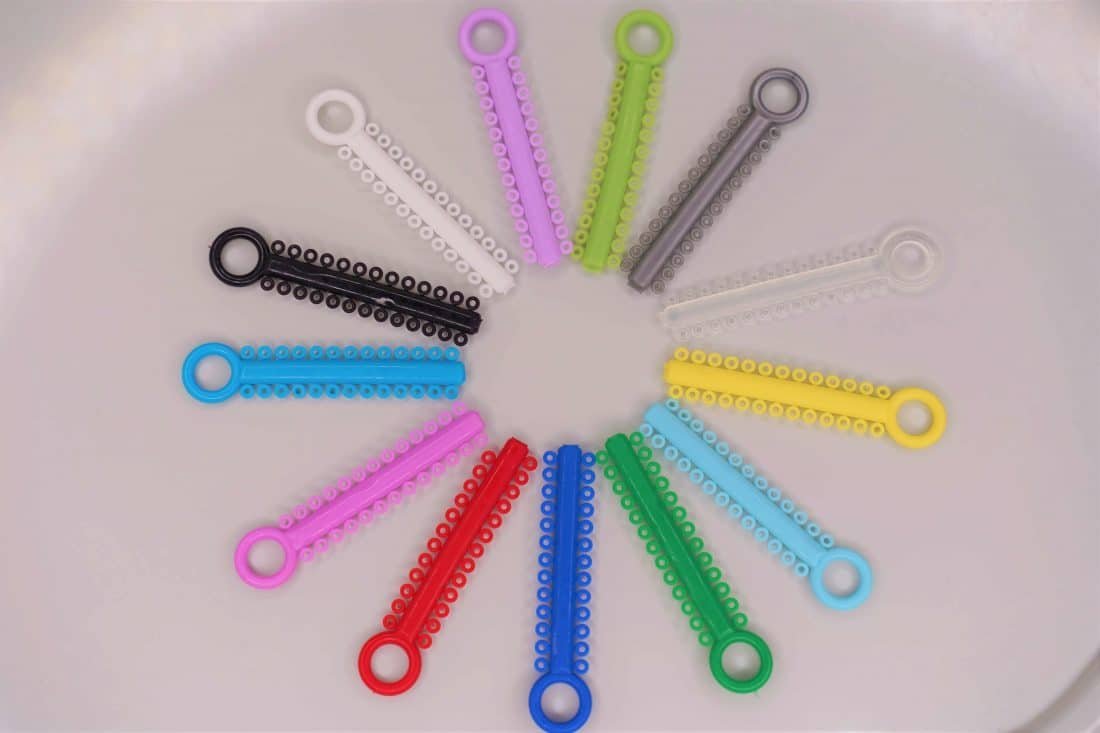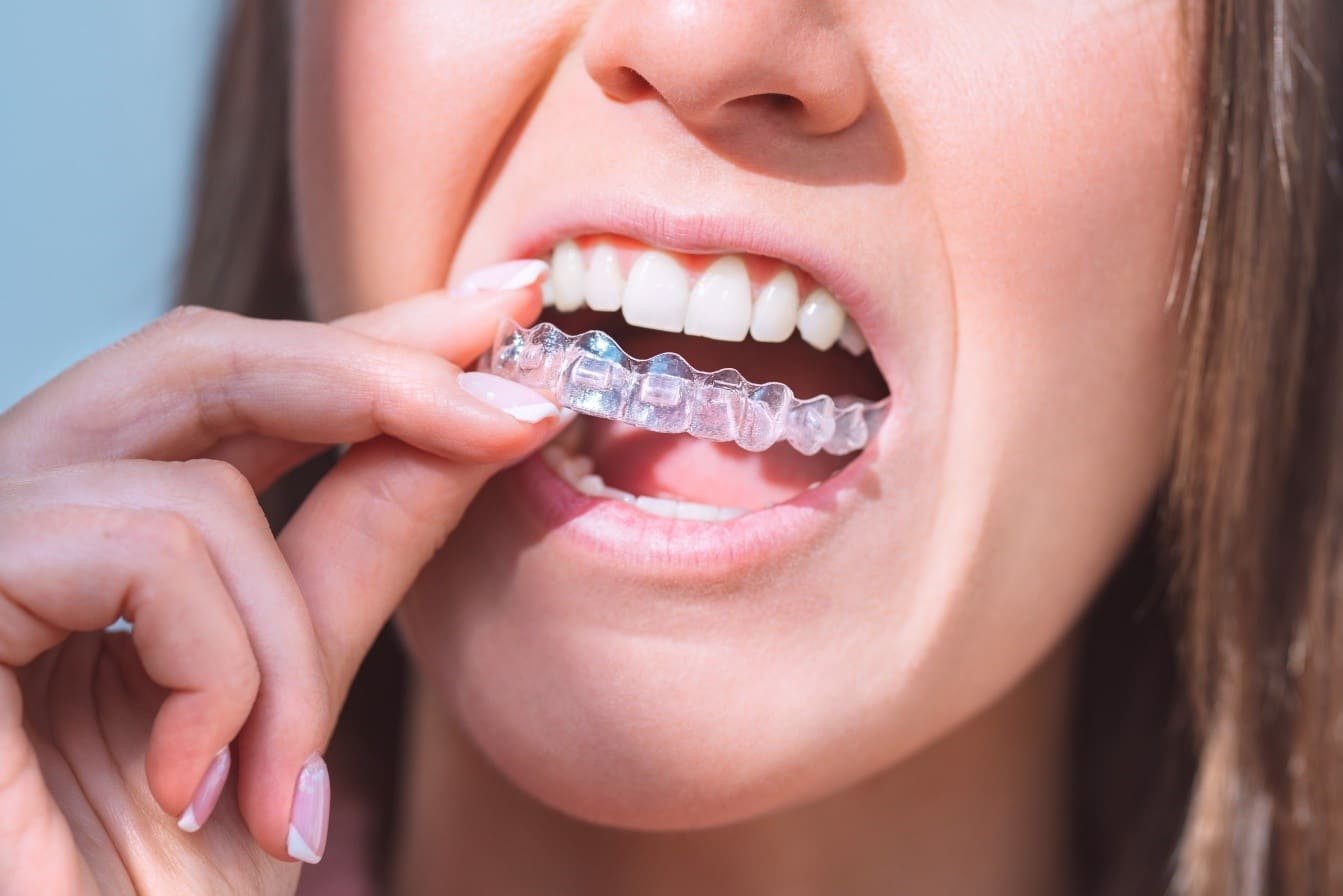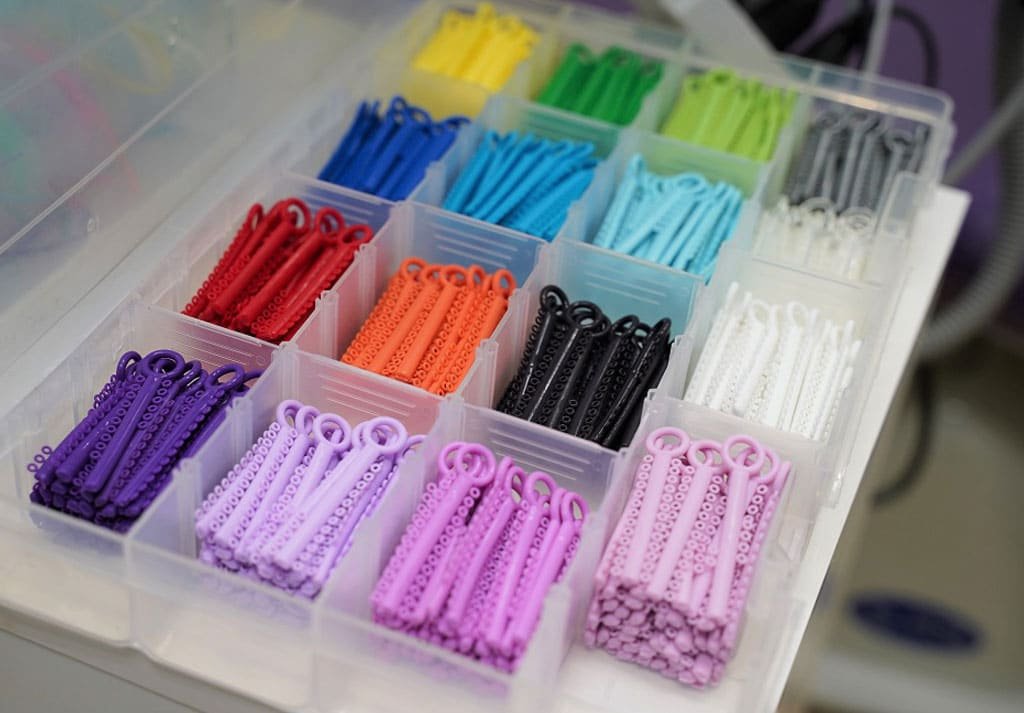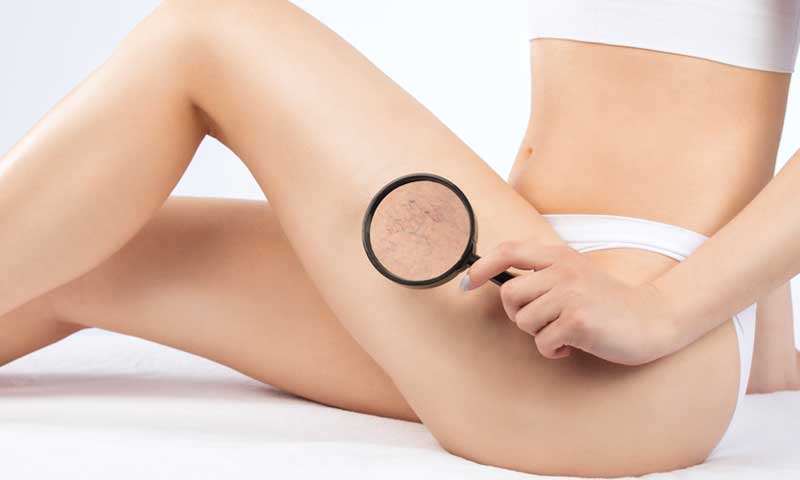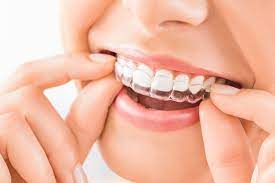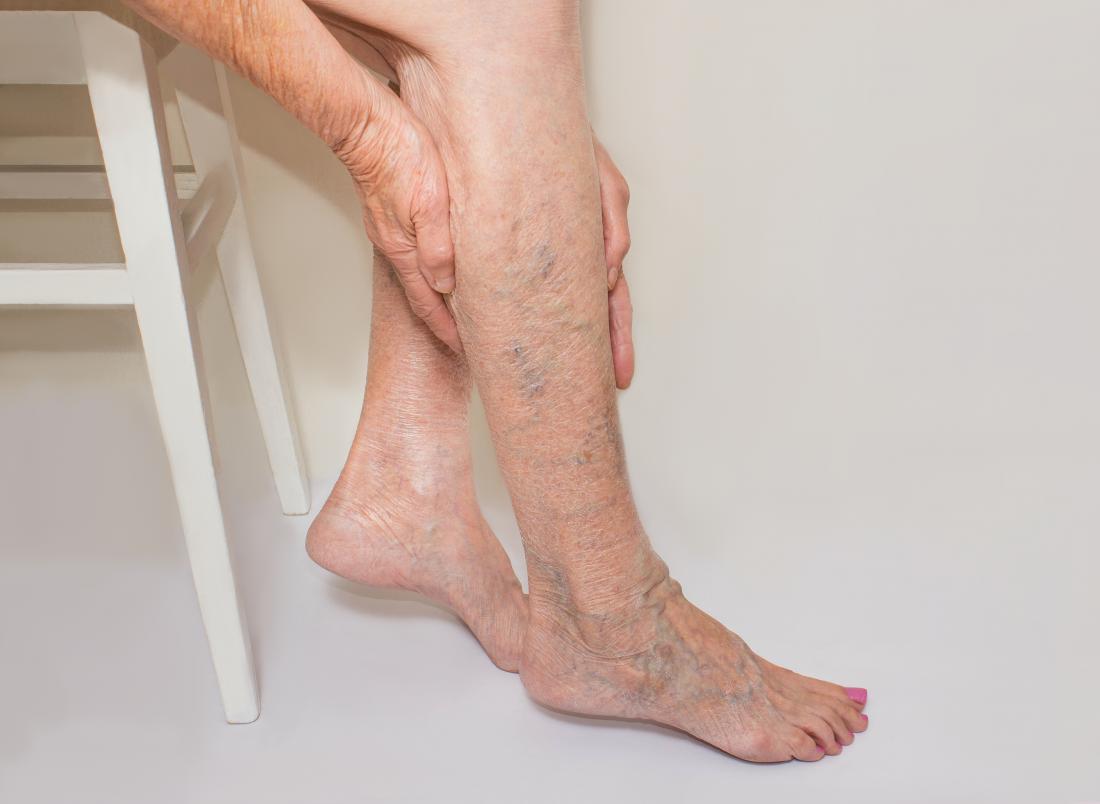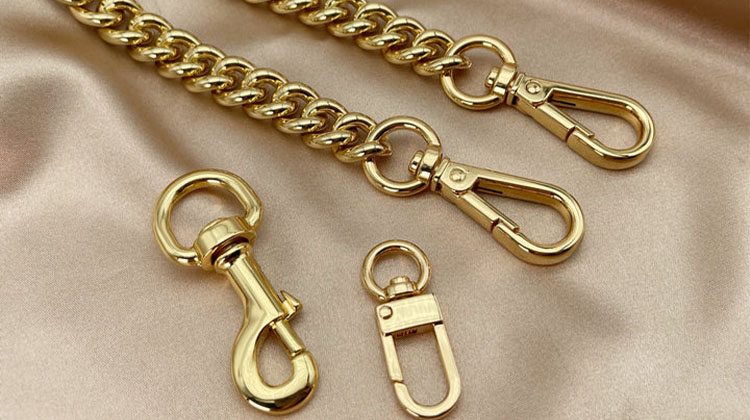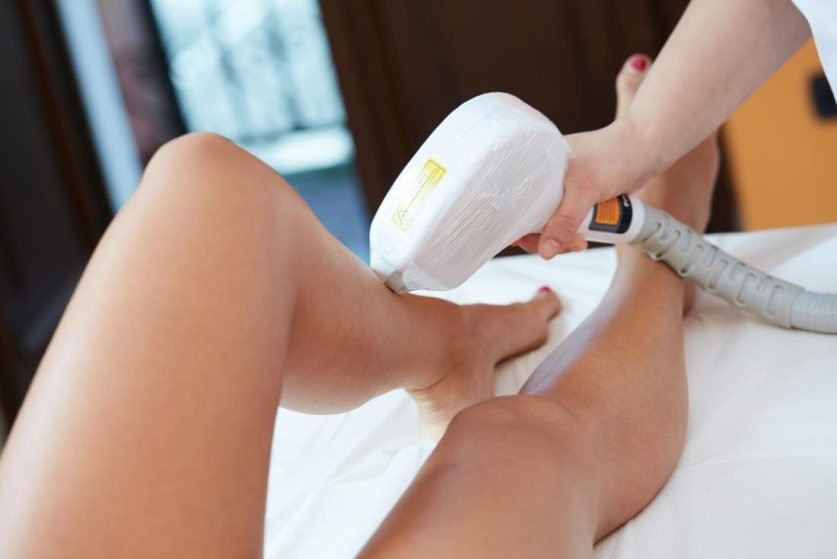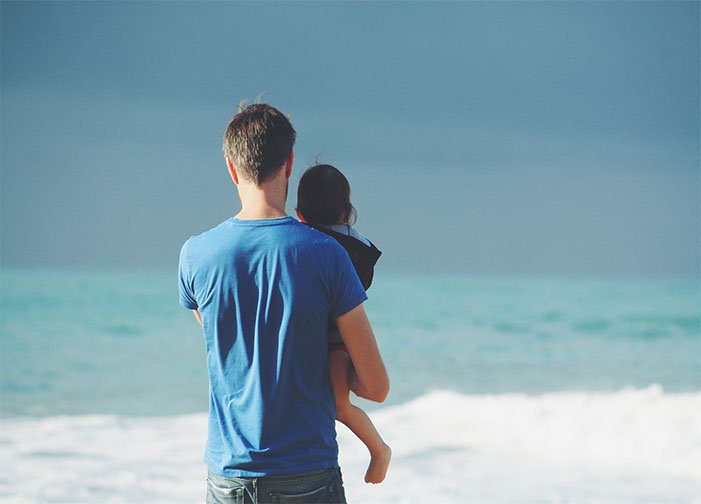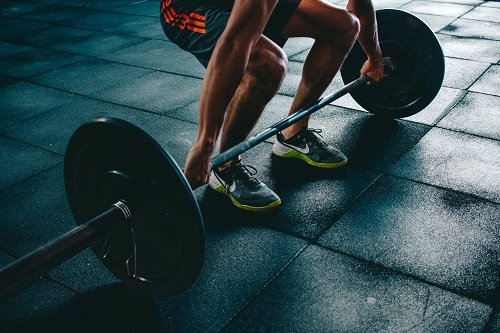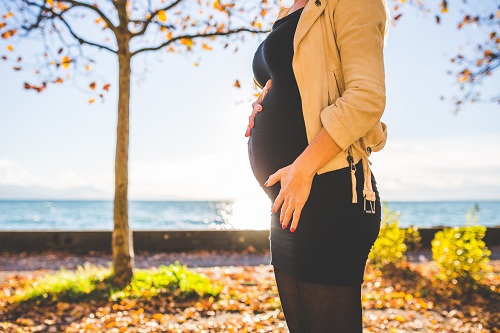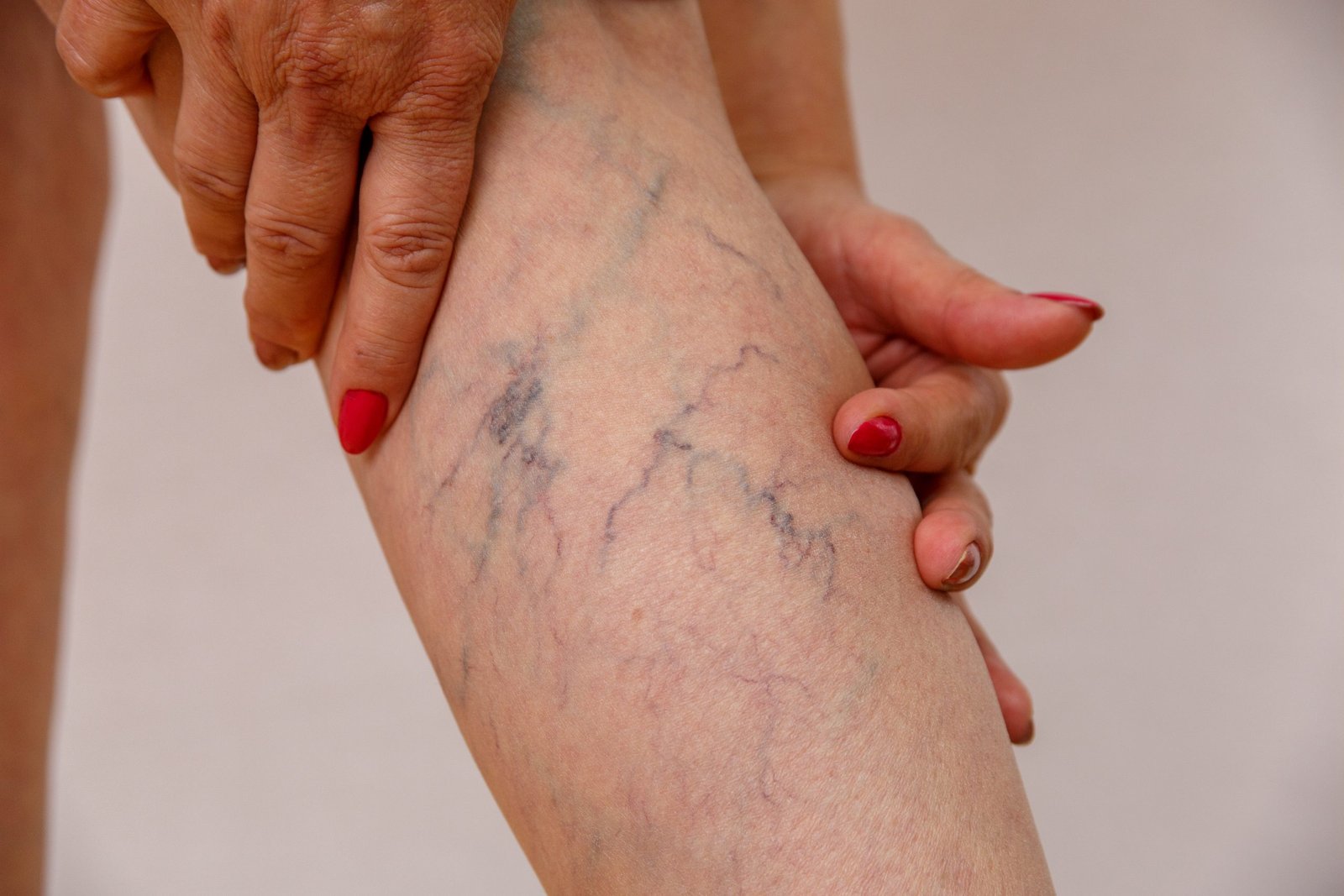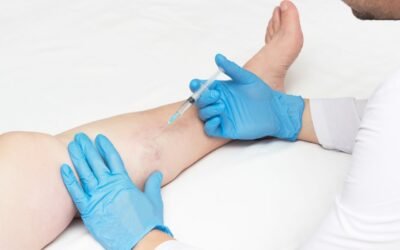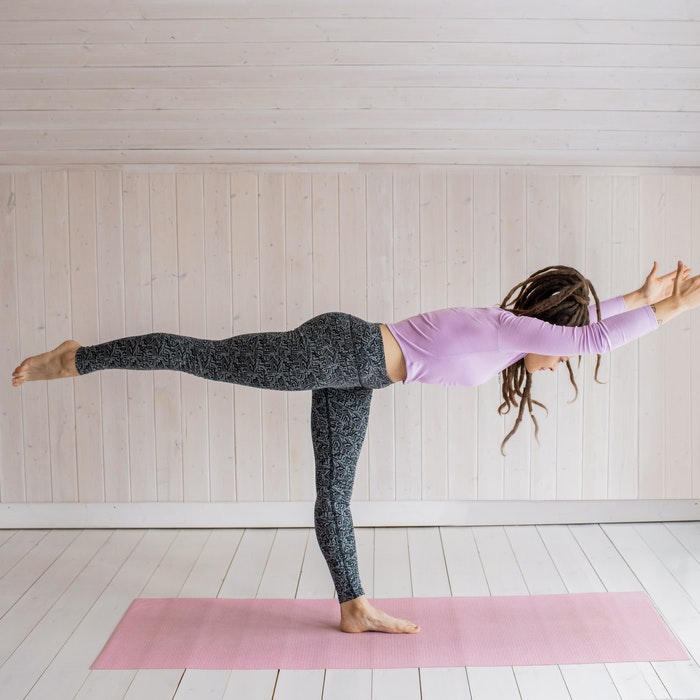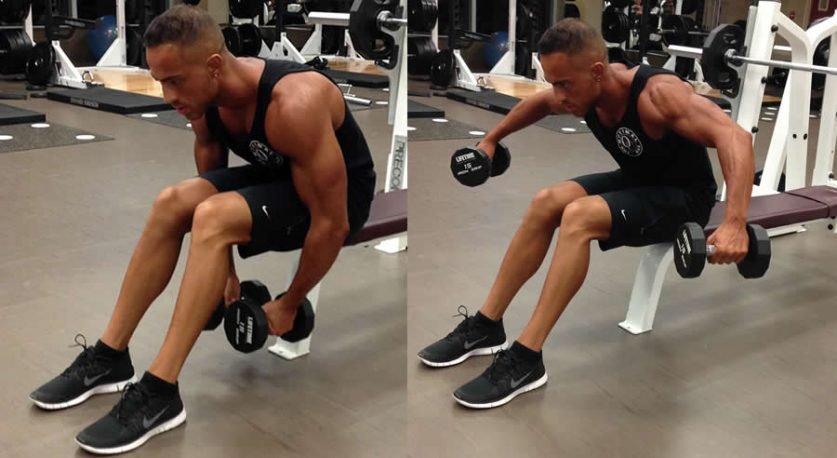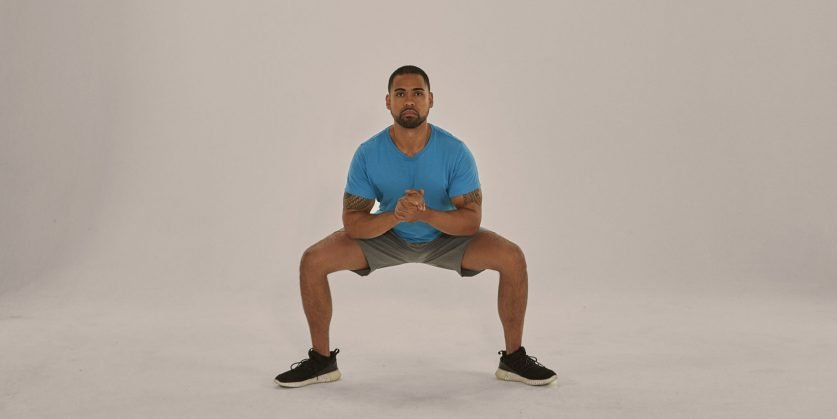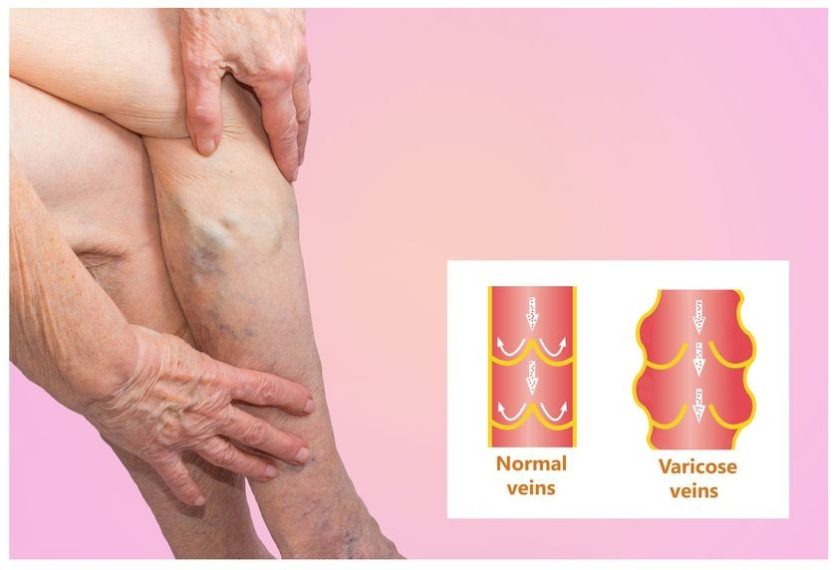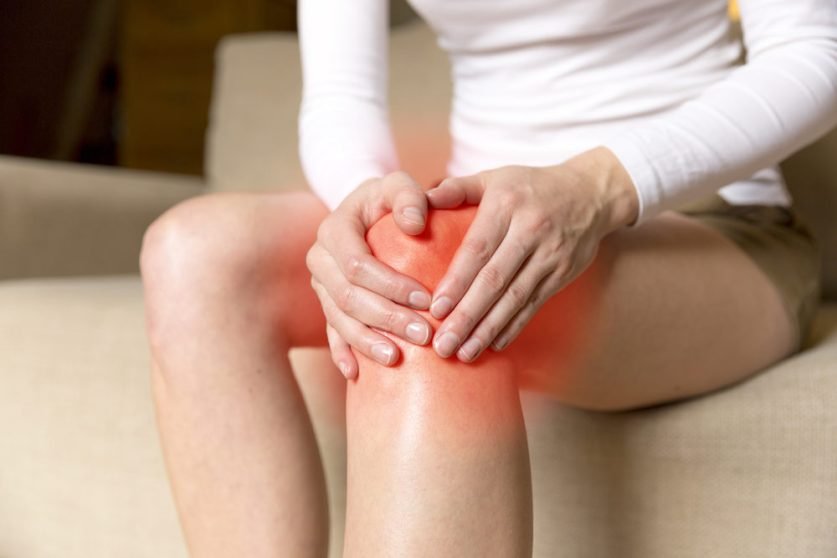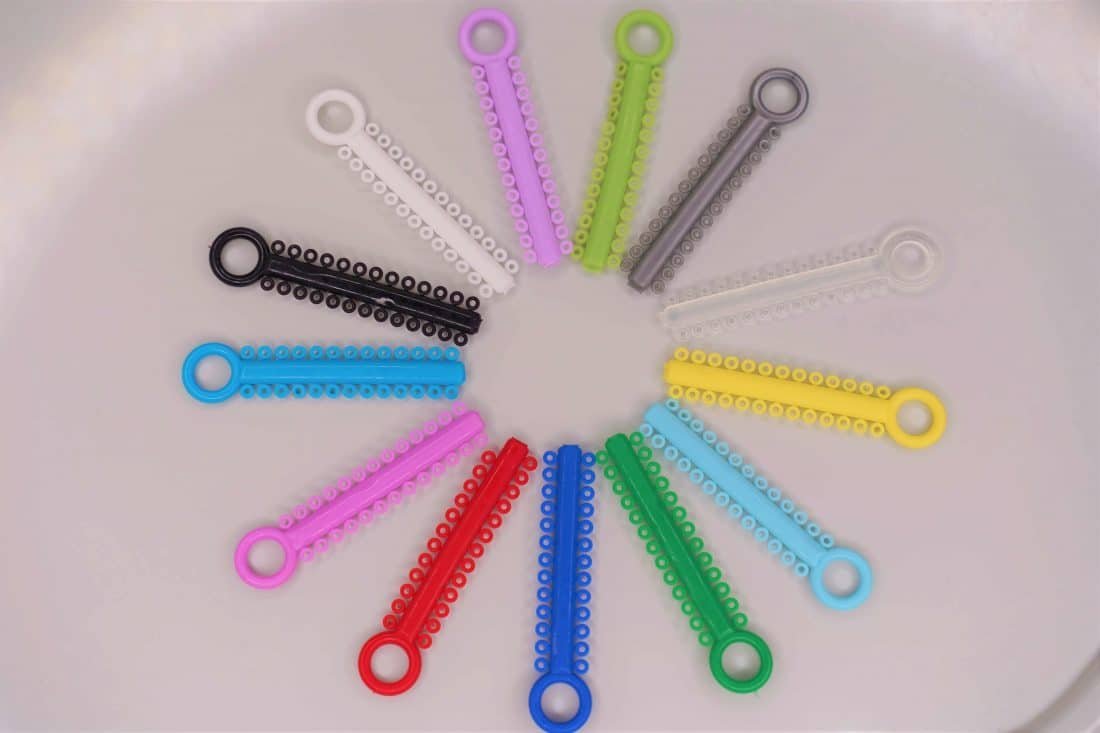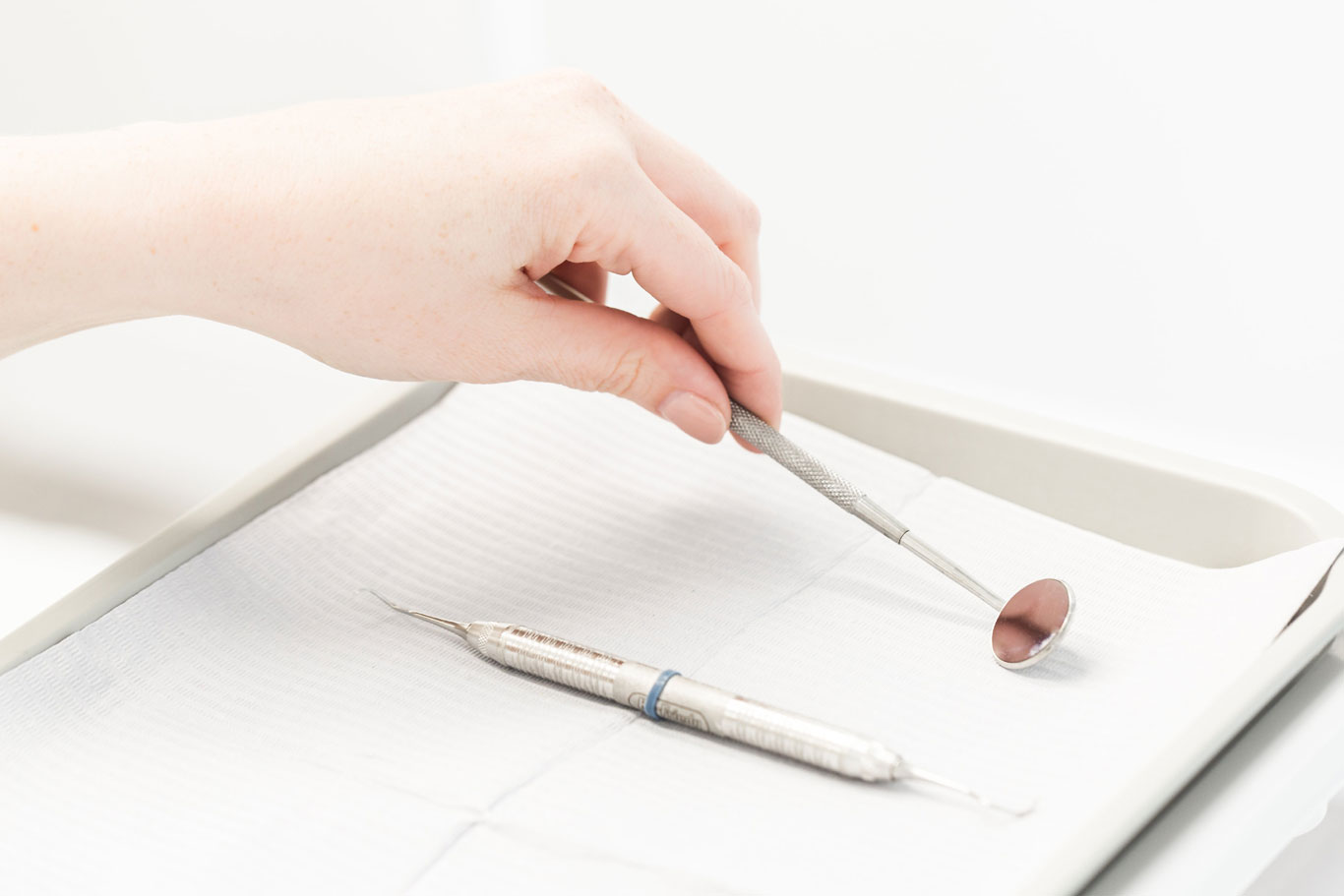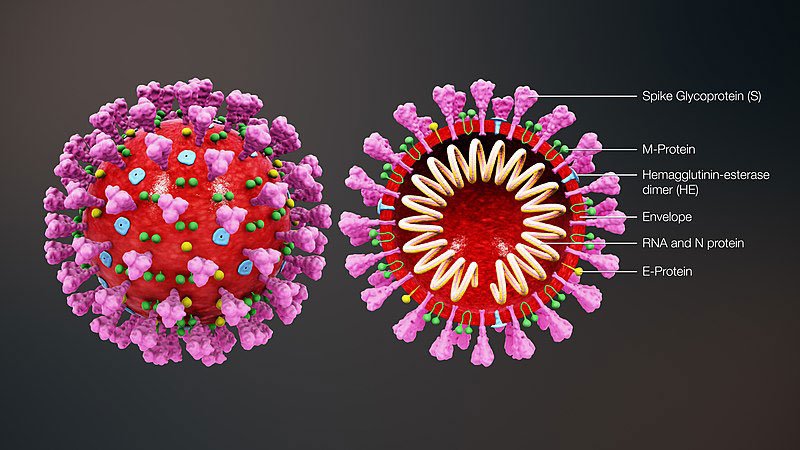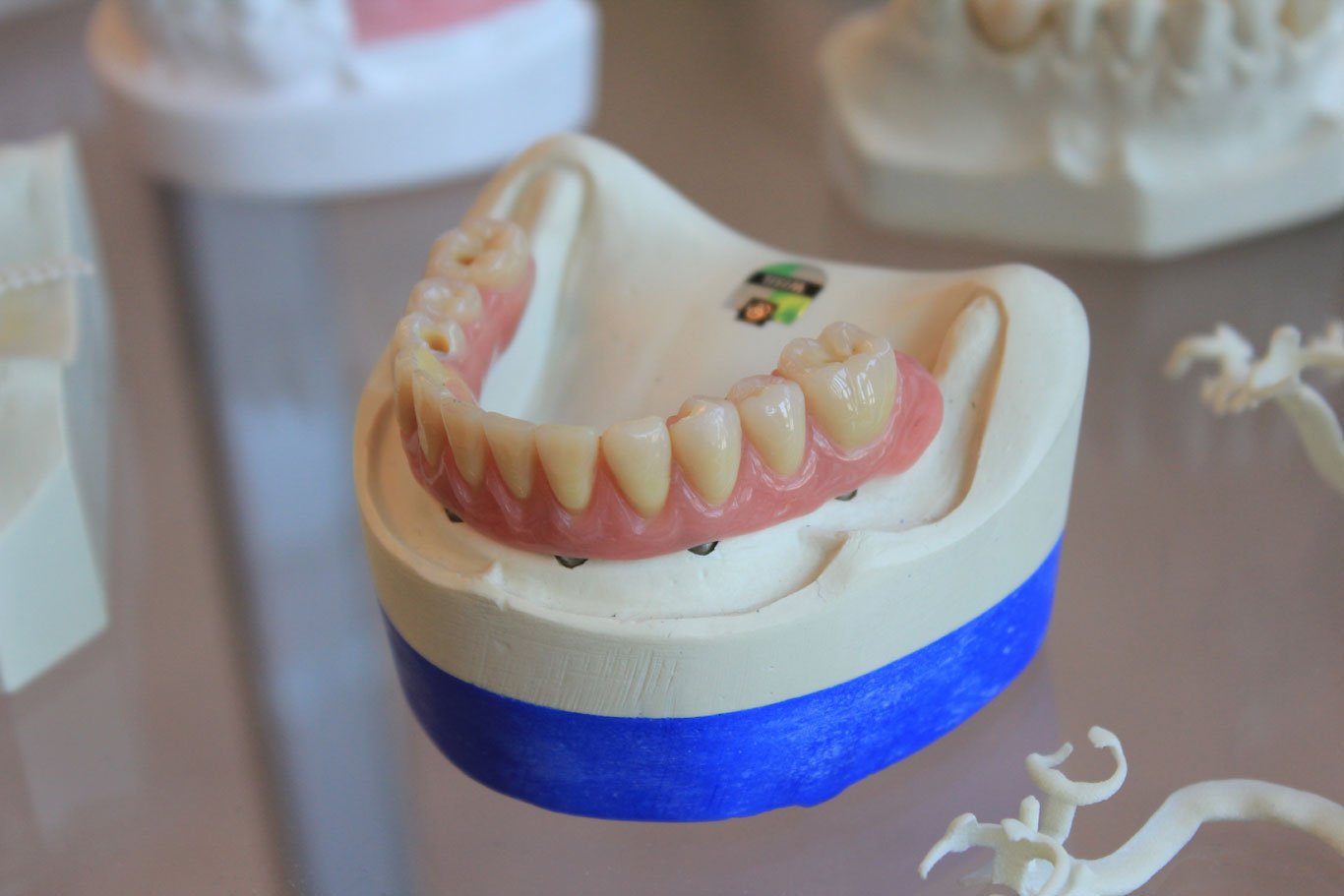Is Venous Ablation Safe?
Venous ablation is a safe and reliable procedure for varicose veins and disease-related signs.
How Long Does Vein Ablation Take to Complete Heal?
This procedure is minimally invasive and has a short recovery time because your body needs time to recover. Most patients fully recover after the treatment in just after four weeks. But the question arises Are varicose veins covered by insurance?
How Much Does Venous Ablation Cost?
Without insurance coverage, veins treatment may cost you between $2000-3000.
Radiofrequency Ablation is a medically necessary treatment covered by most insurance plans, significantly limiting your out-of-pocket.
What Are The Side Effects of Vein Ablation?
Despite the minimally invasive nature of the treatment, unlike other treatments, there are a few risks associated with this treatment. A few risks and complications of radiofrequency ablation include:
- Infection
- Bruising
- Inflammation
- Swelling
- Blood clots
- Possibly, Nerve damage.
Many of these side effects are minor, and your vein doctor can eliminate them with the help of thorough diagnosis and treatment. You should seek a doctor for a medical emergency in case you feel symptoms including:
- Loss of consciousness
- Severe breathing issue
- Blood coughing
- Sudden chest pain
- Breathing shortness
- Pain that goes away after proper medication
- Bleeding from the treatment site
- Numbness in your lower leg
You should consider visiting a doctor if you feel any signs of infection like:
- Increases swelling
- Pain and Redness
- Fever
- Drainage through the treatment site
- Redstreak around the injection site
What are the things you should consider aftercare of treatment?
Take time to rest
Even though ablation is a safe and less intense procedure than vein ligation or vein stripping surgery, you need some time to heal your body.
Ease back into regular activity
You can’t jump back to the total activity at first. Dosing exercise is good, but just after treatment will lead to reinfection and severe problems. So you should go slowly to exercise to make your vein treatment more successful.
Don’t bathe for the next few days.
Showers can be resumed by the following day, just after the procedure. For at least two weeks, you should avoid any leg submerged, like baths or hot tubs.
Use ice packs
You should regularly apply an ice pack or cold compress to further subsidies swelling and bruising after the surgery. If you use ice packs, wrap them in a towel for a maximum of 20 minutes, and repeat them daily.
Be prepared for sleep challenges.
Trying to sleep just after the surgery is a big task, and your doctor may recommend you sleep on your back with full legs elevated for better healing.
Take care of your bruises.
Most patients experience bruising just after the surgery, and bruises may appear blue, black, or greenish spots nearby treated veins. Elevating your legs, applying a compress pack, and getting plenty of rest may help bruises, and they may fade away within a few weeks.
Conclusion
What are the treatment options for varicose veins? If you want vein treatment, consider visiting a doctor for thorough treatment and diagnosis of such issues.

